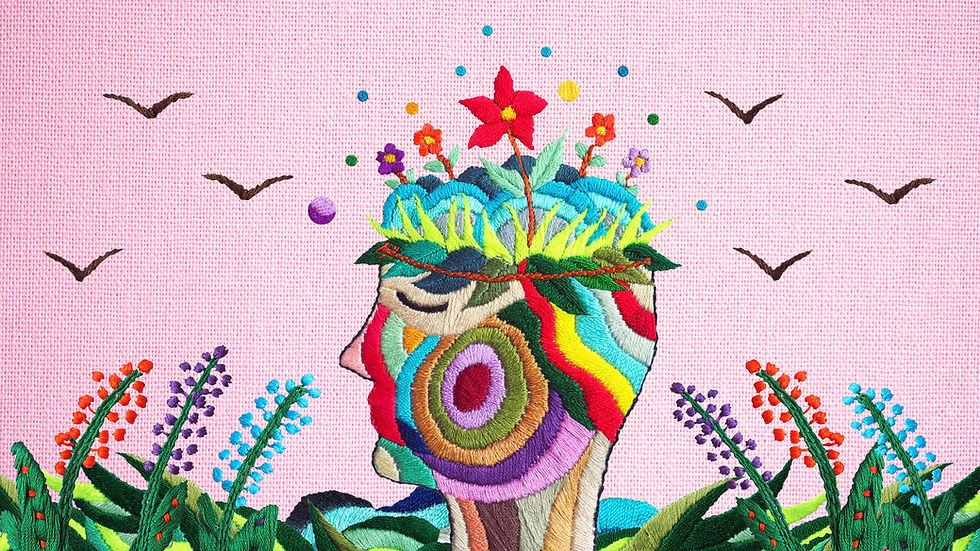It's not a Bad Decision but a "Course Correction"
- Wendy Summer

- Mar 1, 2025
- 2 min read

Many young adults mistakenly believe that the decisions they make will permanently affect the rest of their lives. In choosing a particular college major, for example, they may feel that they are locked into that professional track for decades and then may struggle trying to forecast so many years into the future. The reality is that during the course of a life, many decisions need to be adjusted, and few decisions are locked in forever. “Course corrections” are not mistakes but a normal part of adult life.
The other reality is that there is no way to accurately predict what will make you happy in 10 or 20 years. Even the idea that you can predict that far into the future is based on a premise that can lead to future shame: if you think you should know what profession is right for the rest of your life and it turns out that you are not happy on that path, then you will falsely conclude that you were mistaken in following that path.
Here’s the truth: you can only make decisions based on your current life trends. As those trends change, you adjust your life and your life path. So, what may have been the best decision for you at age 22, may not be the best choice for you one or three years later. That does not mean that your age 22 decision was wrong! In fact, it was likely the best decision for you based on what you knew of yourself at that time.
Again, you can only make decisions based on how you are feeling and what you are experiencing in your life right now, focusing on trends, not fleeting or reactive emotions. Let’s think of this process like a GPS mapping system for a long journey. You decide where you want to go based on your current needs and goals. You put that destination in your GPS and you are given a route. But, as you travel, your needs and desires may change. You may pass a town that looks interesting and decide to stop there. You may lose interest in your original destination as you gain knowledge and experience of the region and then decide to set a new destination. As you make these changes, GPS reroutes you based on your current destination desires.
The key to this metaphor is that YOU are providing the data that determines the stops and the destinations. It is your experience in your life, your likes and dislikes, your needs and desires, your goals and passions, that feed the GPS routing system. So, one of your adult-life skills is to learn to listen to your own experience and track your feelings. This kind of self-awareness provides the data that you use to make decisions and chart a life path.
In my next post, we will distill these ideas into practical, actionable tips.



Comments